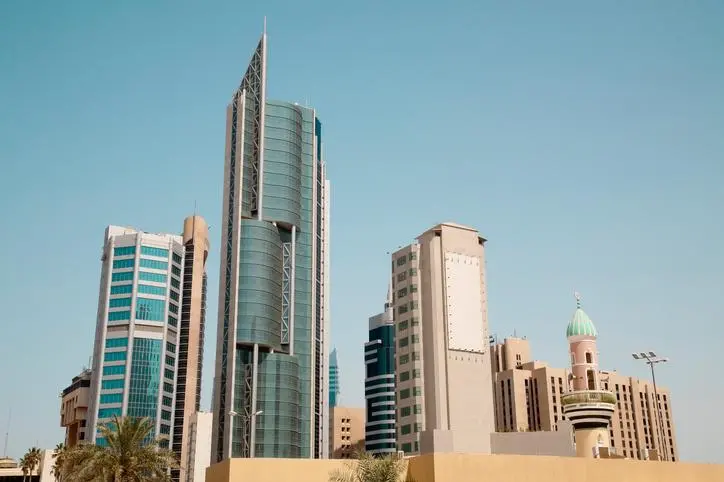PHOTO
The recent rise in oil prices means the government of Kuwait's decision to delay the implementation of value-added tax (VAT) until 2021 will not have a major impact on its ability to balance its national budget, but the move indicates that the appetite for fiscal reform in some countries in the region is weakening, according to Moody's.
The credit ratings agency said in a note distributed on Thursday that the government's decision to delay the implementation of VAT, which was initially due to be implemented this year, was “not entirely surprising”.
“Kuwait’s fiscal position is one of the strongest in the GCC [Gulf Cooperation Council], underpinned by some of the lowest fiscal and external breakeven (oil) prices in the region, and the vast sovereign assets of the Kuwait Investment Authority,” Moody’s said in its note.
According to the International Monetary Fund (IMF), Kuwait's break-even oil price for 2018 is $48.10 per barrel. By comparison, the break-even price for the United Arab Emirates is $71.50 per barrel and for Saudi Arabia it is $87.90.
This means that the urgency for fiscal reforms in Kuwait is less urgent than in some of its GCC neighbours.
However, Moody's also said that the government's “inability to implement new non-oil revenue measures has prevented Kuwait from making more meaningful progress in insulating government revenue from future oil price volatility and is therefore credit negative”.
Moody's said the failure to implement VAT would cost Kuwait the equivalent of 1.6 percent of GDP in foregone revenue.
Kuwait and the other five members of the GCC agreed in 2016 to implement a 5 percent rate of VAT on goods and services. However, thus far, only Saudi Arabia and the United Arab Emirates have done so, with both introducing the tax in January.
Moody's note said that Kuwait's decision to postpone VAT implementation increased the likelihood of other GCC countries either delaying or scrapping their own VAT plans.
A separate note published last Monday by Marmore, a research subsidiary of investment bank Kuwait Financial House, argued that the oil price increase would be beneficial for the country's banking sector, which, "after years of underperformance relative to GCC peers", now looks more positive due to improvements in liquidity and improvement in asset performance.
It said loan book growth is set to rise by 4 percent in 2018-19 on the back of non-oil growth and investments in infrastructure. However, it also warned that the country remained overbanked (with 12 foreign and 10 local banks) and said that the banking sector remained highly exposed to the real estate market - both through loans to real estate companies and through personal loans used to buy properties.
According to Marmore, the combined share of personal and corporate loans to real estate currently stands at 53 percent of the total, up from 33 percent a decade ago.
Further reading:
- Kuwait assembly could back VAT accord in session starting in Oct minister
- UAE Cabinet approves resolution on VAT refunds for exhibitions conferences
- ADNEC Group CEO praises VAT refund decision
- Hundreds of VAT jobs: Tax firm ramps up hiring in Saudi Arabia
- Kuwait's tax on remittances discourages FDI inflow: analysts
Reporting by Michael Fahy; Editing by Shane McGinley)
(michael.fahy@thomsonreuters.com)
Our Standards: The Thomson Reuters Trust Principles
Disclaimer: This article is provided for informational purposes only. The content does not provide tax, legal or investment advice or opinion regarding the suitability, value or profitability of any particular security, portfolio or investment strategy. Read our full disclaimer policy here.
© ZAWYA 2018





















